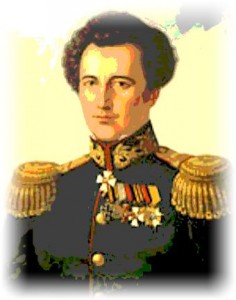 I think it was the Prussian general and military theorist Carl von Clausewitz who suggested that ‘nobody in his right mind tries to cross a broad ditch in two steps.’ If one is going to get from one side to the other, one must make a decisive leap.
I think it was the Prussian general and military theorist Carl von Clausewitz who suggested that ‘nobody in his right mind tries to cross a broad ditch in two steps.’ If one is going to get from one side to the other, one must make a decisive leap.
For perhaps the first 60 years of my life, unique meant ‘of which there is only one; unequalled; having no like.’ There were no degrees of uniqueness. To suggest that something was ‘a bit unique’ or ‘slightly unique’ was a sign of an uneducated or careless writer. It was on a par with writing ‘the woman was slightly pregnant.’
But language changes. And the English language changes faster than most. Today, many writers use unique to mean ‘remarkable’ or ‘unusual’. Just today, I read a sentence that began: ‘The approach is slightly unique in as much as ….’
I must confess that whenever I see this usage, my mind shouts ‘No, no, no!’ But I also know that I can’t wind back the clock. I must – however reluctantly – get to the other side of the broad ditch which is the evolution of the language. I must make the leap.
I’m probably going to have to ‘cross the ditch’ on a few other words too. Anticipate has become a slightly more pompous version of expect, and utilise has become a more pompous version of use. Back in the days when unique meant unique, anticipate and utilise also had their own specific and useful meanings. Anticipate meant ‘to expect something to happen and to take steps to mitigate the consequences’. Utilise meant ‘to put to good use something which might otherwise be wasted’.
I also read today that ‘when it comes to selection, there is only one criteria’. Well, no, there are at least two criteria. But there is only one criterion. Criteria is the plural; criterion is the singular. Or at least that’s the way it used to be.
Now, could someone please hold my hat? It seems that I have a broad ditch to cross.
